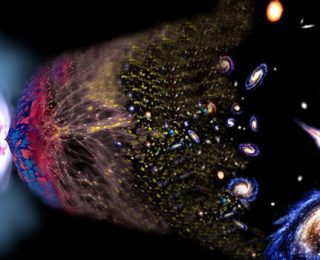
by Philippa Cole | Jun 12, 2018 | Daily Paper Summaries
Quantum mechanics describes the unimaginably small, whilst Cosmology explains the unfathomably big. How the Universe blew up from one to the other is a question we think we’ve understood with the theory of inflation. But just how good is our picture of quantum mechanics? Today’s authors show that we can now use cosmological results to test our quantum framework.
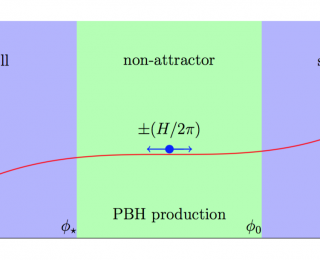
by Philippa Cole | May 2, 2018 | Daily Paper Summaries
As though cooking up models of the early universe that produce an interesting number of primordial black holes wasn’t hard enough, now we’ve got quantum effects to worry about too. Today’s authors quantify how careful we need to be with models of ultra-slow-roll inflation in order to predict the correct number of primordial black holes that could be around today.
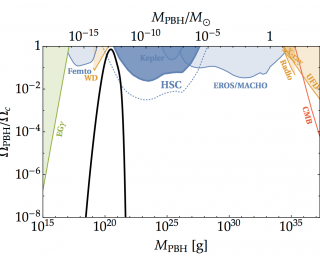
by Philippa Cole | Feb 13, 2018 | Daily Paper Summaries
The authors show that it’s possible to produce enough asteroid-mass primordial black holes to make them a viable dark matter candidate, without violating the new and very stringent constraints on the number of allowed primordial black holes from the Subaru Hyper Suprime-Cam.
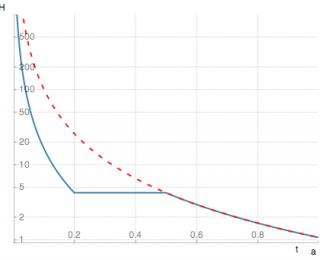
by Guest | Oct 24, 2013 | Daily Paper Summaries
Today's post is a guest contribution from Dr. Andrew Pontzen, a Royal Society University Research Fellow at University College London and an expert in galaxy formation and cosmology. Andrew is also a leader in the use of fantastic visualizations and interactive graphics as explanatory and teaching tools, and in this post he uses this approach to provide a new look at the cosmological concept of inflation. Loading the post. If this message doesn't disappear, please check that javascript is enabled in your browser. Cosmic inflation is a hypothetical period in the very early universe designed to solve some weaknesses in the big bang theory. But what actually happens during inflation? According to wikipedia and other respectable sources, the main effect is an ‘extremely rapid’ expansion. That stock description is a bit puzzling; in fact, the more I’ve tried to understand it, the more it seems like inflation is secretly all about slow expansion, not rapid expansion. The secret’s not well-kept: once you know where to look, you can find a note by John Peacock that supports the slow-expansion view, for example. But with the rapid-expansion picture so widely accepted and repeated, it’s fun to explore why slow-expansion seems a better description. Before the end of this post, I’ll try to recruit you to the cause by means of some crafty interactive javascript plots. A tale of two universes There are many measurements which constrain the history of the universe. If, for example, we combine information about how fast the universe is expanding today (from supernovae, for example) with the known density of radiation and matter (largely from the cosmic...
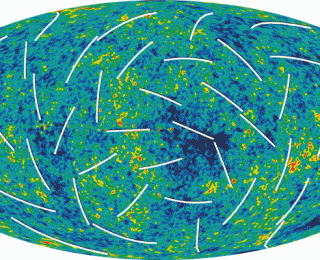
by Nick Hand | Oct 1, 2013 | Daily Paper Summaries
The authors raise a key point about the detection of gravitational waves from the early universe. Not only would such a detection verify the theory of inflation, but it would also prove the quantization of gravity.
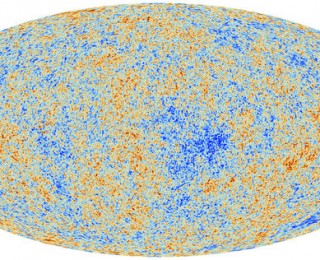
by Astrobites | Mar 23, 2013 | Daily Paper Summaries
The primordial seeds of the Universe, the Cosmic Microwave Background, have been measured by the Planck satellite with unprecedented precision. In this post, we summarize some of their results on cosmological parameters and primordial non-gaussianity.






